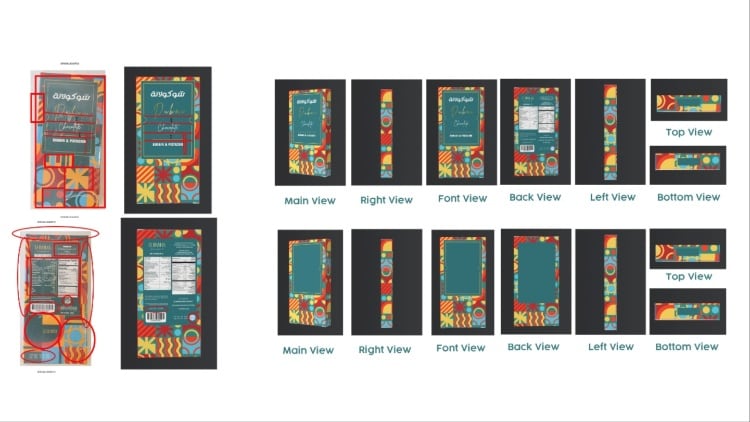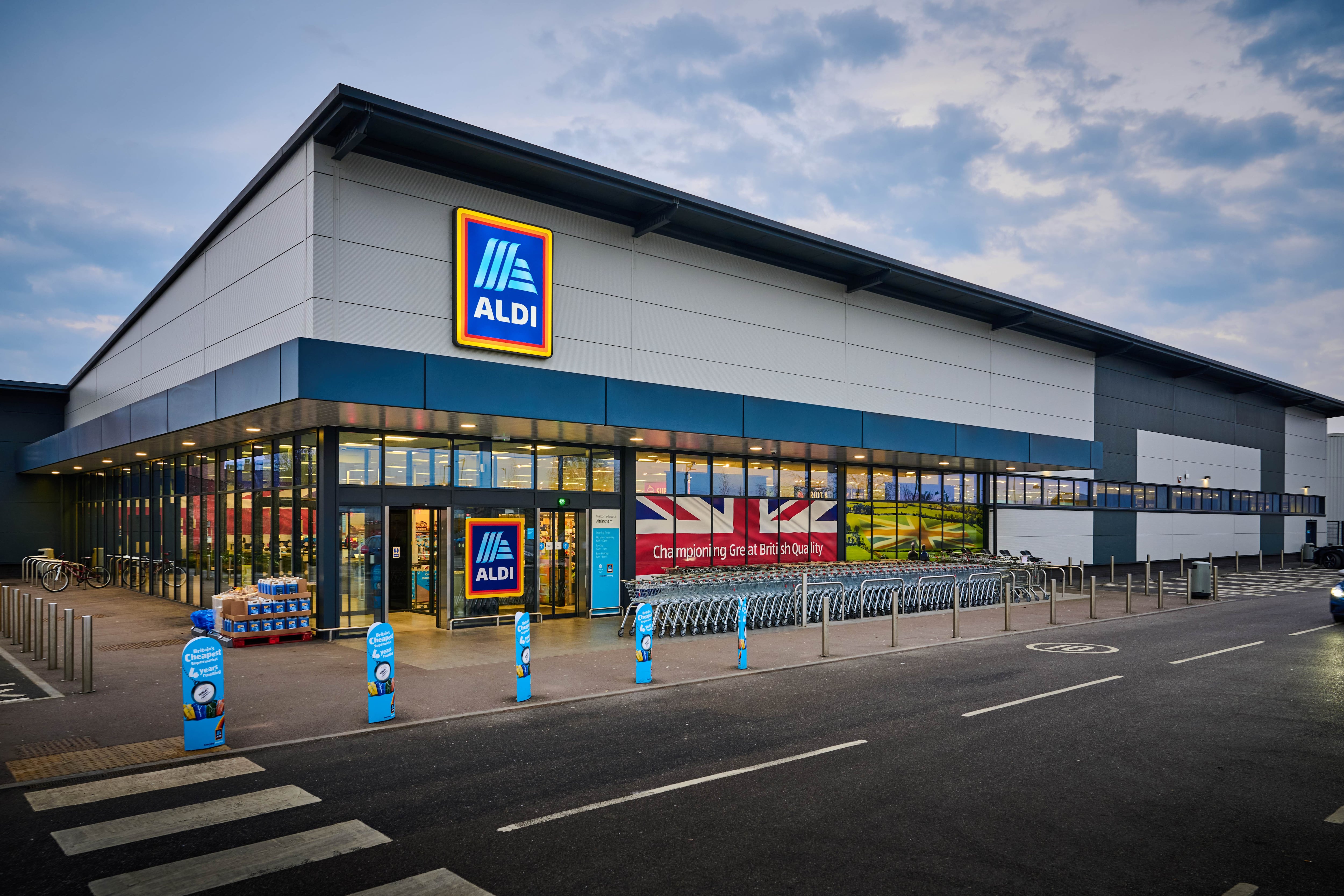The Food Standards Agency warned last month that packs of Neosis Schokolade Love of Dubai chocolate pose a “serious risk to anyone with an allergy to peanuts” as a result of the labelling error, which meant the label does not declare that the product contains peanuts.
And now consumers and food businesses have also been warned about a Fix it branded Dubai-style chocolate product sold in 50g bars, as well as a counterfeit item posing as a 200g Le Damas bar, because their labels do not mention that they contain peanuts and other types of nuts such as almonds, cashews and walnuts.
Anyone with an allergy to nuts has therefore been told not to consume any Neosis or Fix it Dubai-style chocolate products, while food businesses selling the products have been told to withdraw them from sale and to undertake a product recall.
The counterfeit La Damas product should also be avoided, and is sold under the name ‘Dubai Chocolate – Pistachio & Kunafa’. The Food Standards Agency did initially release the product was a counterfeit.
The packaging design differs from Le Damas’ officially registered design (see main image) and lacks proper allergen labelling and legal declarations.
Meanwhile, the counterfeit product was never sold by or through Le Damas’ authorised channels, including Amazon UK, TikTok Shop or its official distributor GGN INTL. Legal action is underway.
“We want to reassure our customers and retail partners that the product in question is not an authentic La Damas item,” said a spokesperson for the brand.
“It is a counterfeit that falsely uses our branding and does not meet our safety, quality or design standards.”
Jane Rawling, head of incidents at the Food Standards Agency, explained that the organisation is now aware that the product highlighted in its food alert was a counterfeit.
“We have become aware, that the product sold under the brand name ‘Le Damas’, has been reported to be counterfeit and enquiries are underway,” Rawling said.
“Genuine bars of Le Damas are on the market. It’s really important that the public are still aware of the risks that the other bars mentioned in the Food Alert, as well as potentially bogus chocolate bars could pose, particularly those living with a food allergy or intolerance.
“There is no way of knowing what ingredients are in potentially counterfeit bars or what food hygiene practices are being followed by the people making or repackaging them.
“If you have bought any chocolate you think could be a fake, do not eat them or give them to friends and family.
“We encourage people to sign up to our food alerts to be notified when we publish a product recall. This can help you avoid eating foods that have been found to be unsafe.”





